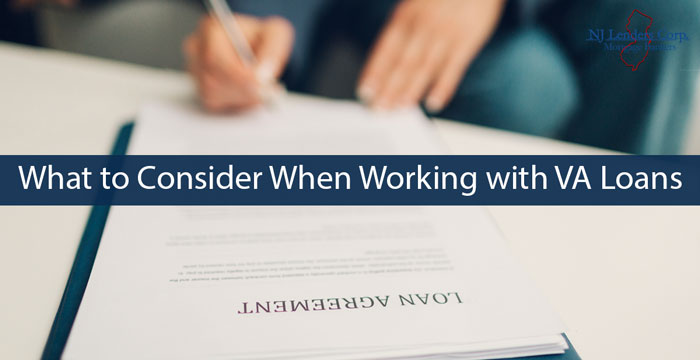
4 Things to Consider when Working with VA Loans

While getting a VA loan is similar to getting other types of mortgages, there are a few differences. Here are some insider tips you can use.
If you aren’t sure if you qualify for a VA loan, start with reading “Who is eligible for a VA loan?”
- Certificate of Eligibility. You’ll need to provide the lender with a copy of your Certificate of Eligibility in order to obtain a VA loan. The fastest way to get this done in the modern digital world? Online. Visit benefits.va.gov to receive a copy of the certificate.
- 30 vs. 15. The longer the loan term the lower your monthly payments will be. Typically, the 30-year loan is the most common term borrowers select. A shorter loan term will provide higher monthly payments but there is much less interest paid over the term of the loan. However, the 15-year term makes the payments too high. However, lenders can also offer VA loan terms in 10, 20 and 25 years. To save on long term interest think about selecting a shorter term.
- Points or No Points? A “point” is one percent of the loan amount and is a form of prepaid interest to the lender. Paying points provides a lower interest rate on a mortgage. On a $250,000 loan, one point is $2,500. If you were to pay one point toward your loan, your rate could drop from 4% to 3.75%. To decide whether or not to pay any points, compare the difference in monthly payments with a number of points needed to lower your rate.
- Consider a “No Cost” Loan. Closing costs are part of the process. But you don’t always have to pay them. Just like you can pay a point to lower a 30-year rate by 0.25% you can also increase a rate by the same amount and receive a credit toward your closing costs. In the above example, the lender would provide a credit at the closing table of $2,500. The higher your rate is adjusted, the larger your credit will be.